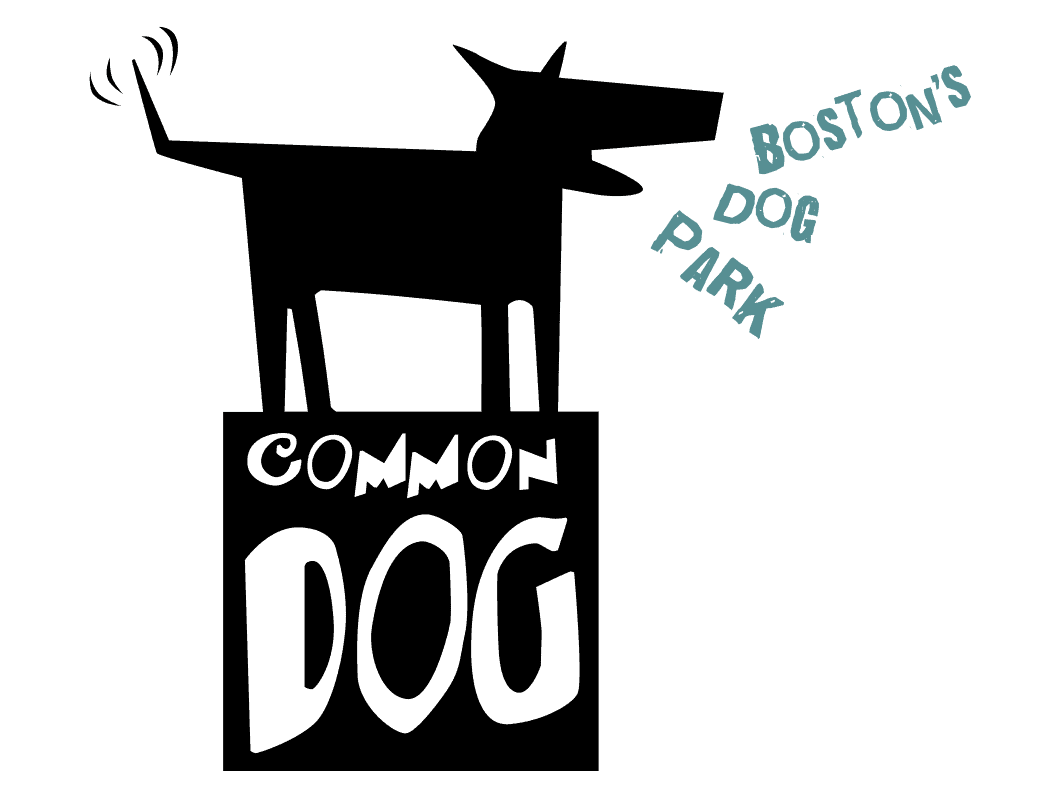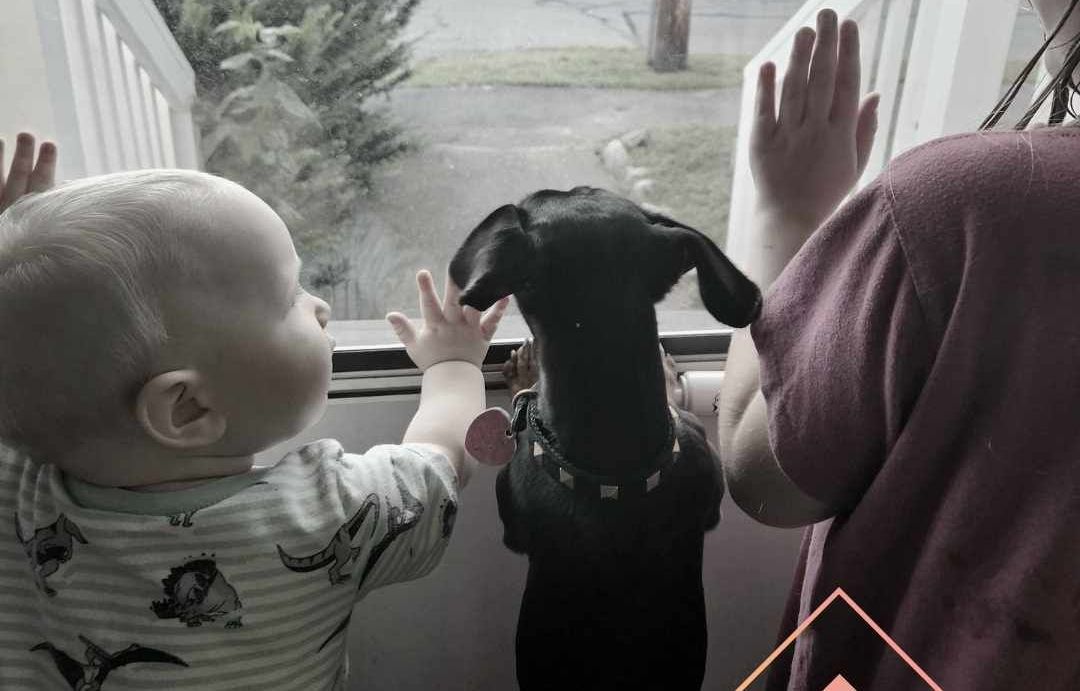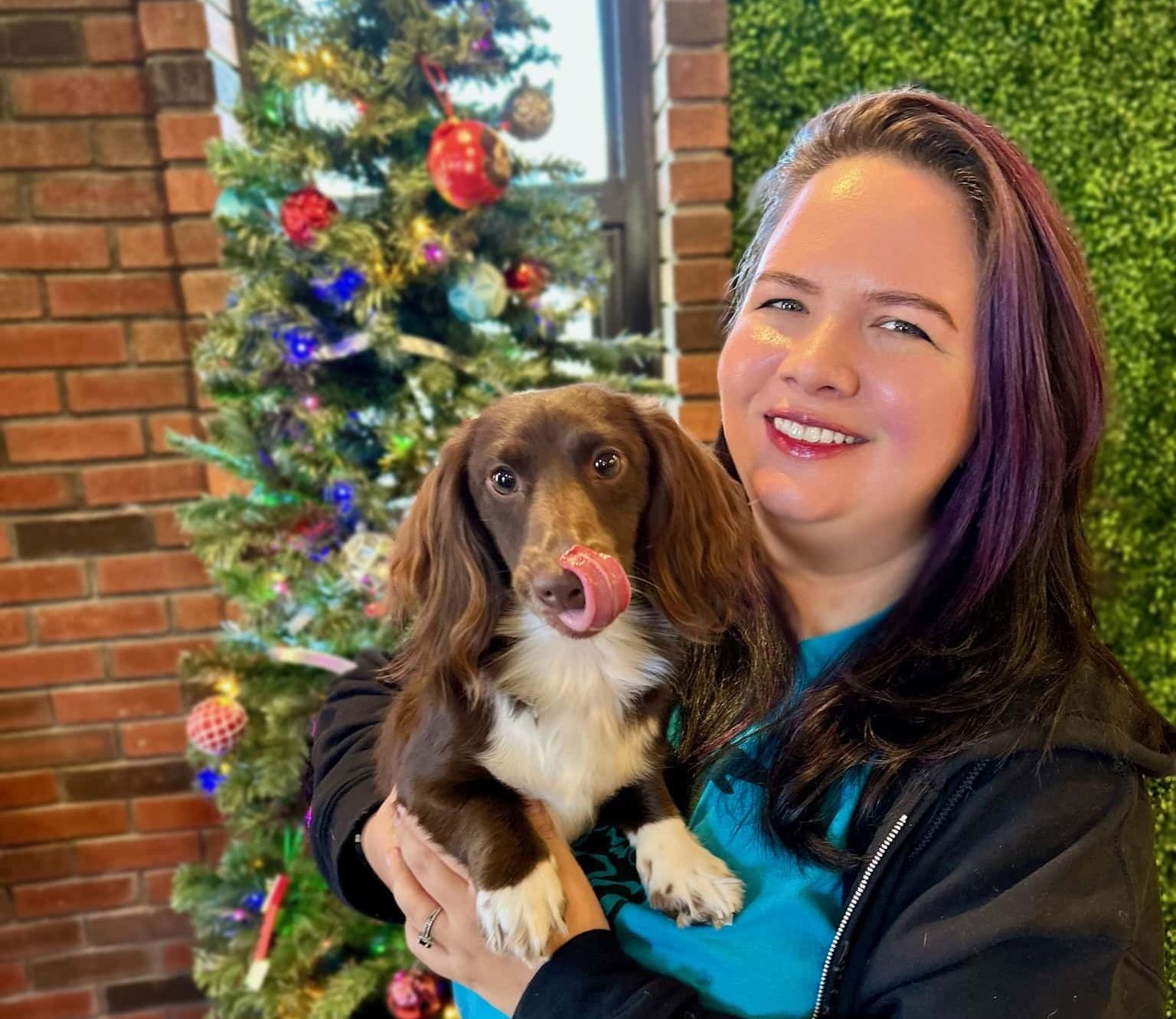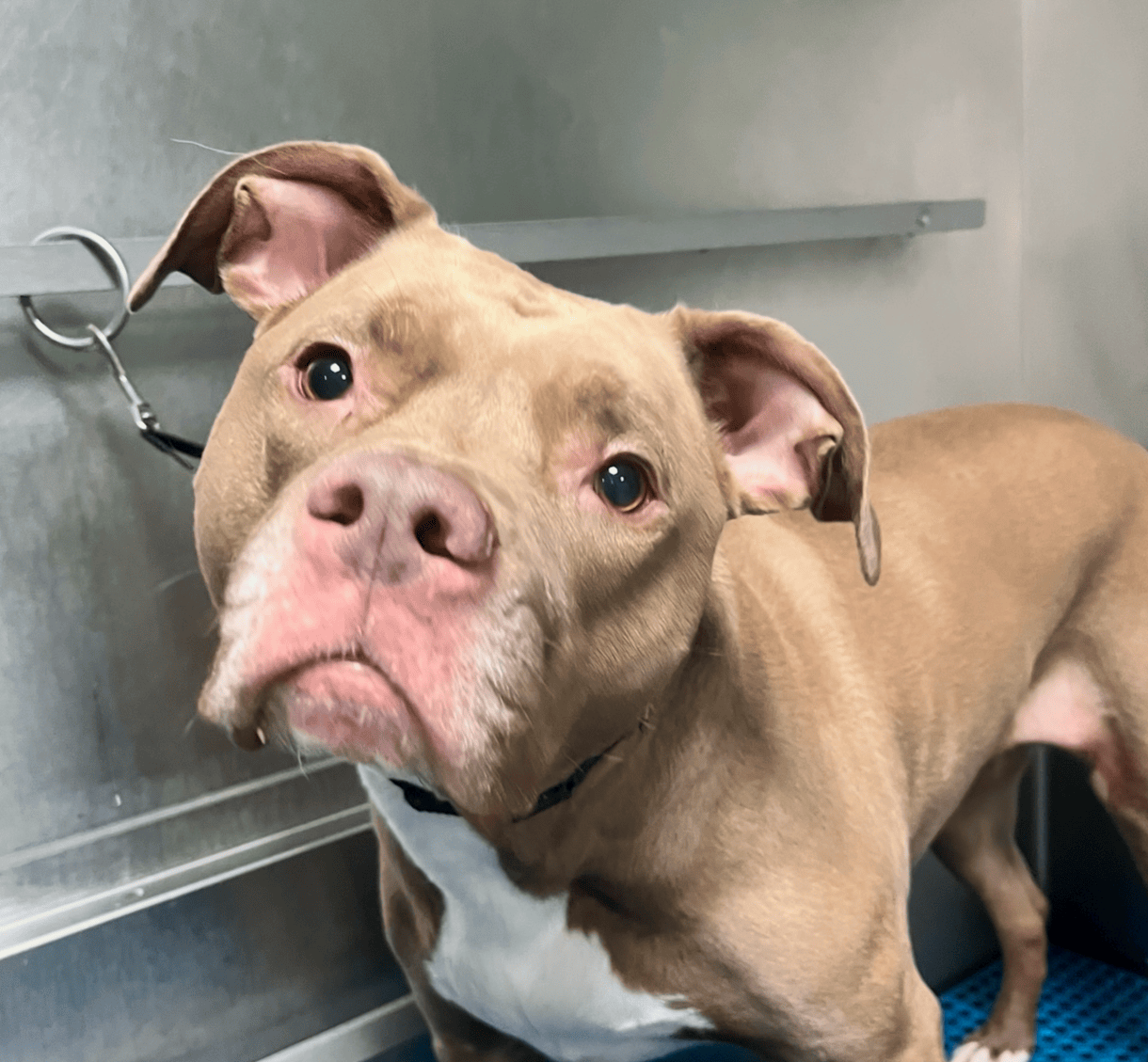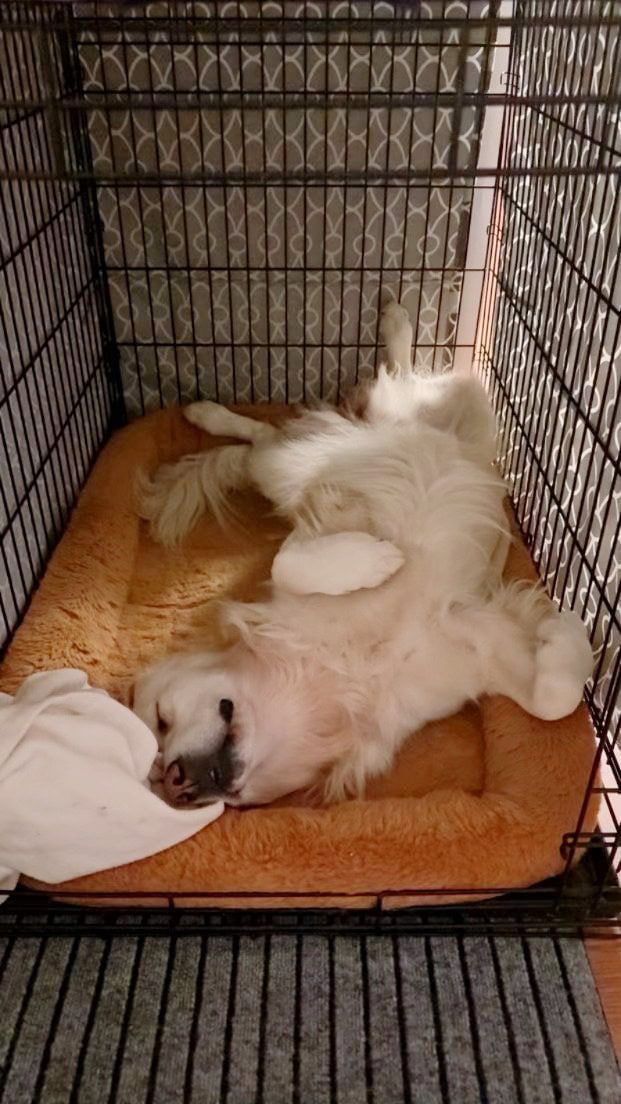Leash reactivity has become one of the most common problems we see on a day to day basis.
It is increasingly frustrating for clients, especially when they know their dog likes people or dogs when OFF leash but their entire mood changes when on leash. Here is what every leash reactive dog owner needs to know:
- If you are here reading this already know that you’re doing great. We see people every day who are looking to further their dogs training, and help their behavior issues. We see people who care deeply about their dogs. If you are looking into how to help your dog you are obviously one of those people.
- Your dog is imperfectly perfect. What that means is you are never going to have a robot. Your dog is an individual and their response to things is going to differ day by day or even minute by minute. You’ll often have really good days and things are going well and then one day your dog decides that they don’t like THAT specific dog or THAT specific person. For whatever the reason, remember you have those days too. Your dog is not purposely trying to make your life difficult there is likely some reason that we may never really know that caused a reaction or response that was less desirable.
- If things start to slip, go back to basics. If you experience reactivity with your dog, go back to practicing without distractions and get your baseline back down to as perfect as you can get it. Go back to shortened but successful walks. If your dog is being a turd sandwich in your home go back to kennel leading them in the house or wearing a drop leash of some kind to redo some structure and rules.
- You oftentimes will not have the same dog you did at 6 months old. It is relatively common that we get dogs who suddenly have a dog or stranger problem once they start hitting a year to a year and a half. We especially see dogs who don’t prefer to socialize after age 3 or 4. Remember when you were in your 20’s and you went to the bar or club and hung out with tons of people? Then you hit your 30’s and were like….ew, socializing. Right? Same can go for dogs. There are definitely a lot of hyper social dogs out there. My own dog, even though she is eight, typically loves new dogs and still plays pretty consistently.
There are a multitude of reasons behind leash reactivity and there really is no one approach to help solve it. Your dog could react from a place of fear or excitement.
Fear is usually the first thing people think is happening on leash. While it is common, it isn’t always the cause. It could potentially be your dog being possessive of you or even their space. It could be prey drive, dog aggression, frustration etc. The list goes on and on.
Not every dog is the same and the same method is going to work for every dog. Our continued education with our trainers and staff keep us up to date on new and effective methods. If you’re experiencing leash reactivity and don’t know how to help your dog navigate the world around them please contact us at training@commondog.com and we can get you scheduled with one of our amazing trainers!
JB
